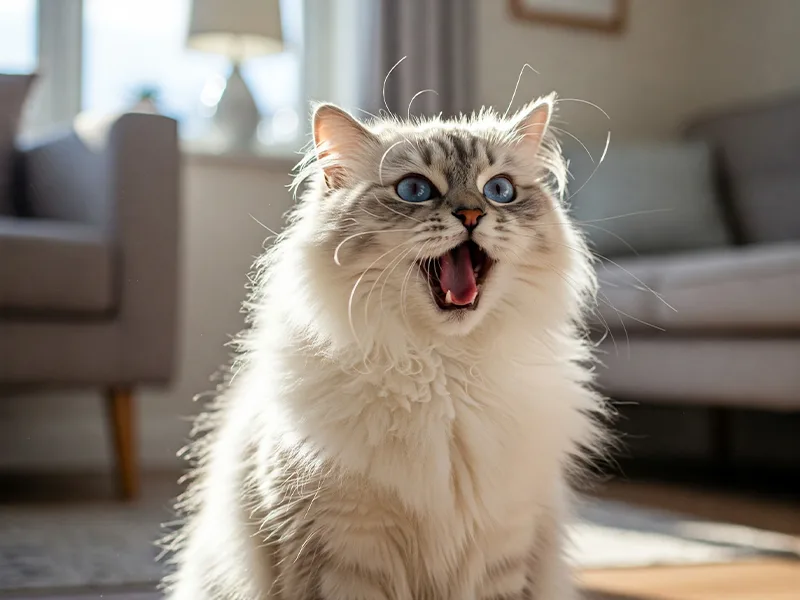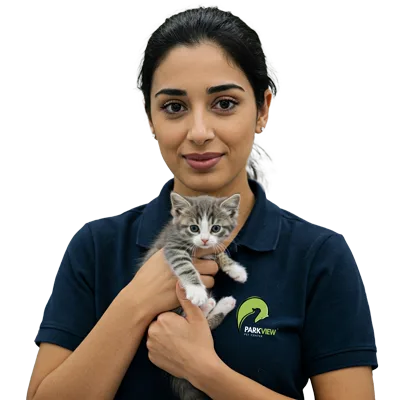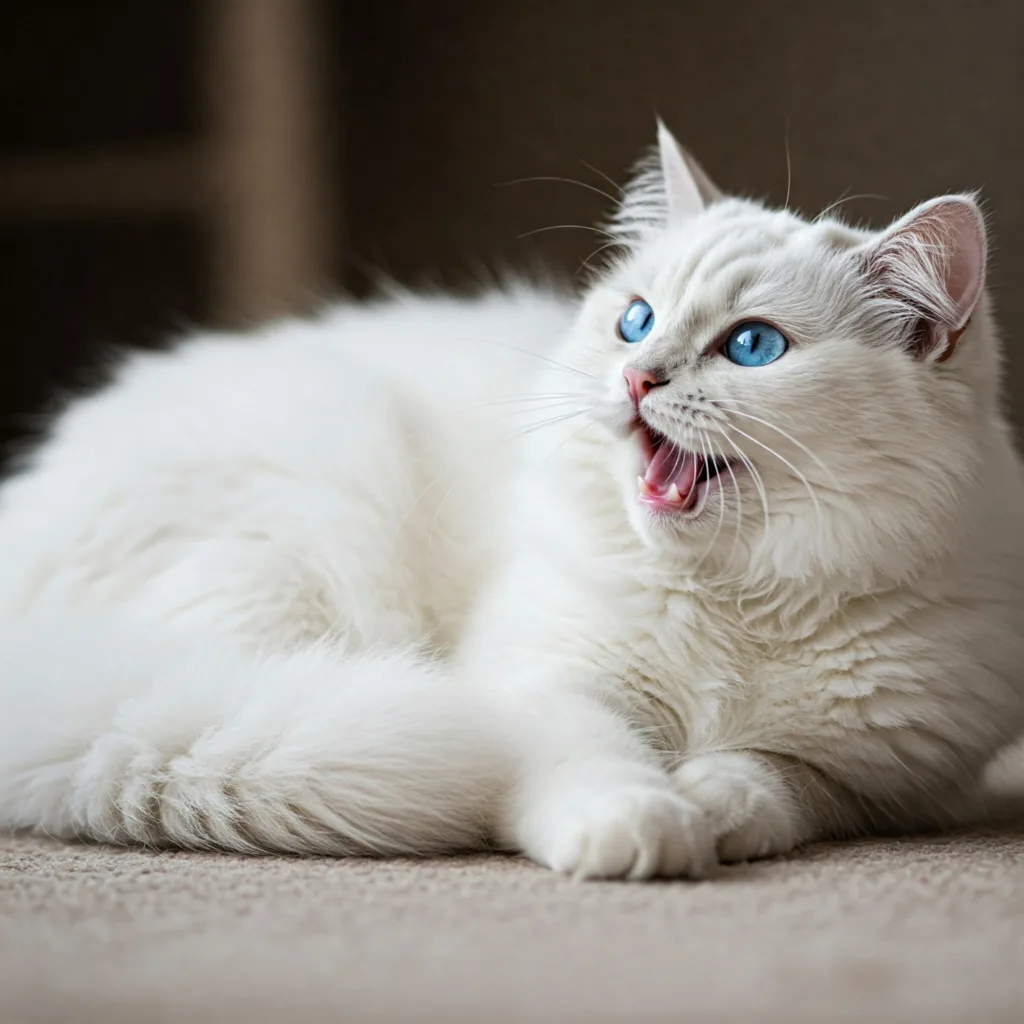Excessive Meowing Driving You Crazy? 7 Simple Steps to Quiet Your Chatty Cat

When my lovable feline, Princess, began excessively meowing, especially during the night, my first instinct was annoyance. However, when her vocalizations became frequent and more intense, I realized she was trying to tell me something. If you’re experiencing a similar situation with your cat, you’re not alone. Excessive meowing is a common issue for cat owners, but it usually signals that something needs your attention.
Why Do Cats Meow Excessively?
- Attention Seeking – Cats sometimes meow simply because they want your attention or are bored.
- Hunger or Thirst – Your cat may be reminding you it’s mealtime or indicating that water is low.
- Stress or Anxiety – Changes in environment, routine, or introduction of new pets can cause stress, leading to excessive meowing.
- Health Issues – Pain, discomfort, hyperthyroidism, urinary tract infections, or other illnesses can cause persistent meowing.
- Aging – Older cats can experience cognitive dysfunction, similar to dementia, causing confusion and vocalizations.
Step-by-Step Guide to Addressing Excessive Cat Meowing
Here’s exactly how I handled Princess’s constant meowing, and what you can try too:
Step 1: Observe Your Cat’s Behavior
Take note of when your cat meows the most. Is it during feeding times, when alone, at night, or randomly? Identifying patterns can help pinpoint the cause.
Step 2: Check Basic Needs
Ensure your cat has sufficient food, clean water, and access to a clean litter box. Cats are meticulous creatures, and even minor discomforts can trigger excessive meowing.
Step 3: Create a Routine
Cats thrive on routine. Feed your cat at consistent times daily, provide regular play sessions, and create a stable daily schedule. Predictability often reduces anxiety-related meowing.
Step 4: Engage in Playtime and Mental Stimulation
Provide toys, scratching posts, and interactive puzzles. Regular play sessions help relieve boredom and excess energy, minimizing attention-seeking vocalizations.
Step 5: Comfort and Calm Your Cat
Use calming products such as pheromone diffusers or calming sprays. Ensure your cat has a safe, quiet space to retreat, especially if you suspect anxiety or stress.
Step 6: Avoid Reinforcing Negative Behavior
If your cat meows excessively for attention, avoid immediately responding. Wait until they’re quiet to offer affection or treats, teaching them that quiet behavior earns rewards.
Step 7: Environmental Adjustments
If your cat meows during the night, consider keeping them awake longer during the day with engaging activities. Reduce external stimuli at night, creating a calm, dark sleeping environment.
What Finally Helped Princess?
In Princess’s case, setting a structured feeding and play schedule significantly decreased her vocalizations. Introducing calming pheromones around her favorite resting spots also contributed positively.
When Is It Time to Visit the Vet?
If you’ve tried these strategies without success, and your cat continues excessive meowing or shows signs of distress, discomfort, or confusion, it’s crucial to consult your veterinarian. Professional evaluation can identify underlying health issues and offer effective treatments.
Ensuring your cat’s comfort and happiness is always paramount. When in doubt, reaching out to your vet can provide the peace of mind you and your feline friend deserve.

Worried About Your Pet's Health? Schedule a Checkup!
Don't wait until it's too late. Our compassionate team is dedicated to providing top-notch care. Schedule your pet's checkup today and ensure their well-being.
BOOK A PET CHECKUP
